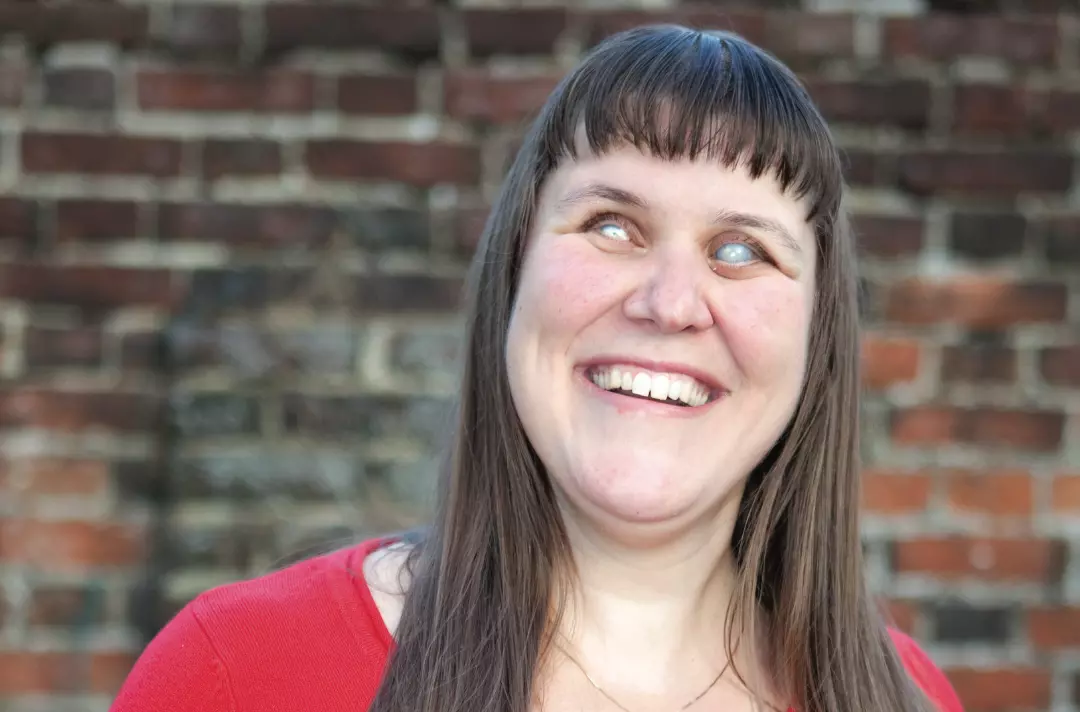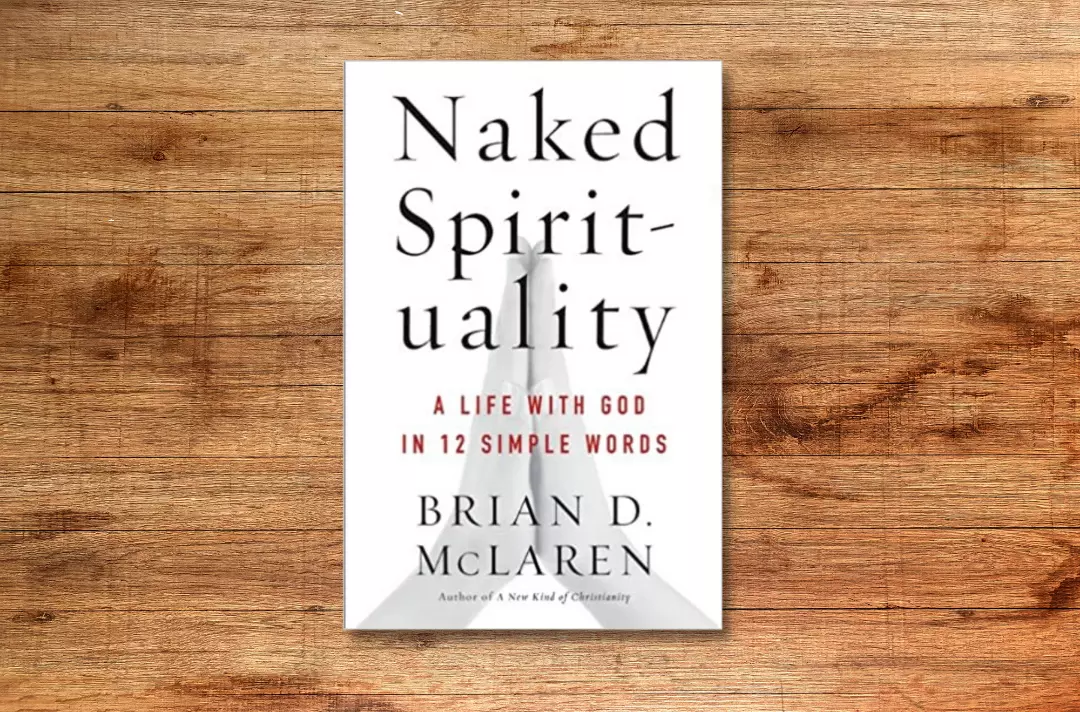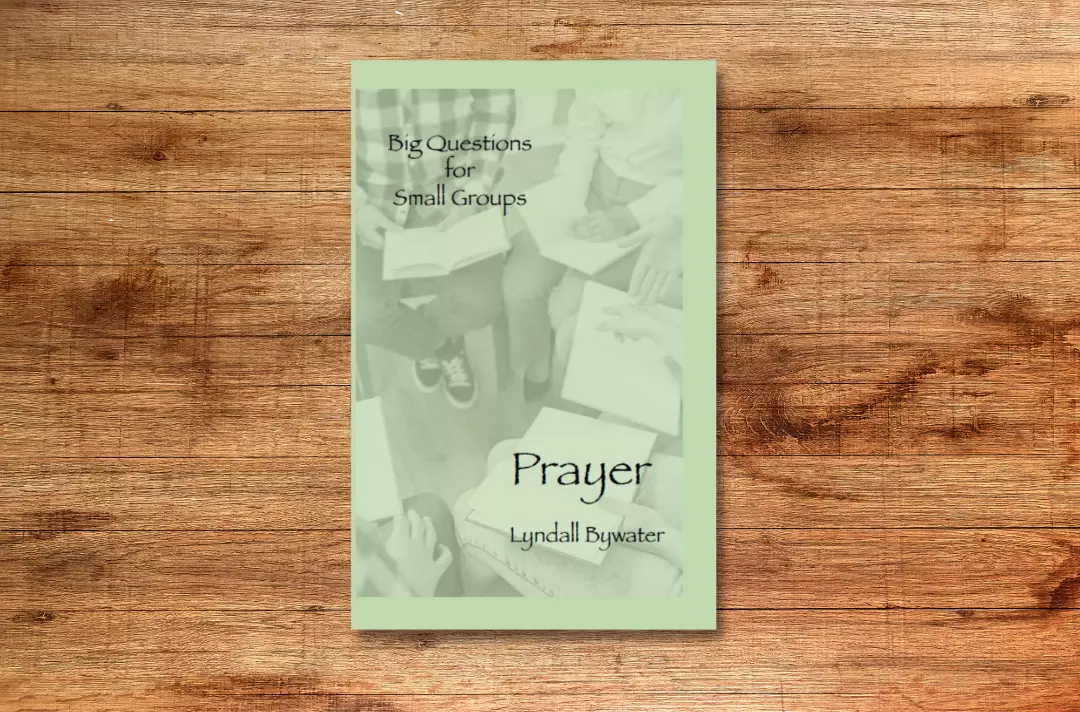14 May 2022
Prayer: 'When we think we're bad at something we don't do it'
Rebecca Goldsmith interviews Lyndall Bywater

Rebecca Goldsmith interviews Lyndall Bywater, author of Big Questions for Small Groups: Prayer.
Do we talk about prayer enough in church?
I think we talk about it more than we used to.
We previously talked about prayer as being something important and powerful but felt that how you pray was a private thing. But we’ve got better over the years at talking about it in a more honest and open way.
Do you think we assume people know how to pray?
We do have some preconceived ideas about prayer – ideas formed at an early stage.
When I was young we had people in our corps who prayed really passionate prayers. And they could also pray for a very long time. So I remember growing up with a concept that prayer at its best was this incredibly passionate unleashing of one’s self in flowery language in a slightly odd voice.
That’s what I thought ‘good’ prayer was. But as I grew up, I discovered that prayer is different for different people, and that’s OK.
What common misconceptions have you encountered about prayer?
People think that they should be praying differently or better.
As Christians we would probably all say: ‘I wish I prayed more. I’m aware that I sometimes squeeze prayer out of my day, get busy or lack discipline.’ Those are all valid comments about prayer. But what we slide into saying easily is: ‘I’m no good at praying.’
That’s a huge deal, because when we think we’re bad at something we don’t do it. We’re not incentivised to do it because we think we’re going to mess it up. We sometimes start with an inferiority complex, thinking we need the right theology or to imitate a person we think is great at prayer.

To be ‘bad’ at prayer is a bizarre concept to me because you’re simply spending time with someone who loves you more than anyone else in the entire world. Therefore, you can’t fail at being with someone who loves you.
I just say to people: ‘You can pray as who you are right now, and it can be a completely life-giving, fulfilling, meaningful, wonderful thing.’ That is what releases people.
Is there a Christian book that has been particularly significant to you in some way?
There are many. But I’m going to go with Naked Spirituality by Brian McLaren, which is all about prayer.

Naked Spirituality blew my mind in a really good way, because I read it at a time when I was looking for a fresher, deeper way of understanding my own prayer life. He takes simple concepts and gives you easy ways to connect with them.
He also links prayer to different stages of your life. I found that really helpful. The book was a life-changer for me.
Which secular book has influenced you the most?
The Wind on Fire trilogy by William Nicholson.
It’s a set of children’s stories about a family that connect with themselves and understand who they are and who they’re made to be. In the process they help to transform, liberate and restore their community.
That’s what matters to me in life. My passion is to see people becoming who God made them to be and being able to be part of the greater redemption and transformation in the world.
Apart from the Bible, which book would you take to a desert island?
I’d take the collected works of Agatha Christie.
And there’s one simple reason. It’s because, despite all the things in my brain, I have a dreadful memory for who did the crimes in detective novels. So it would work really nicely because every story I read would be completely fresh.
- This article was originally published in Salvationist magazine on 28 August 2021.
Interview by

Rebecca Goldsmith
Book Editor
If the player doesn't work in your browser, you can listen via:
